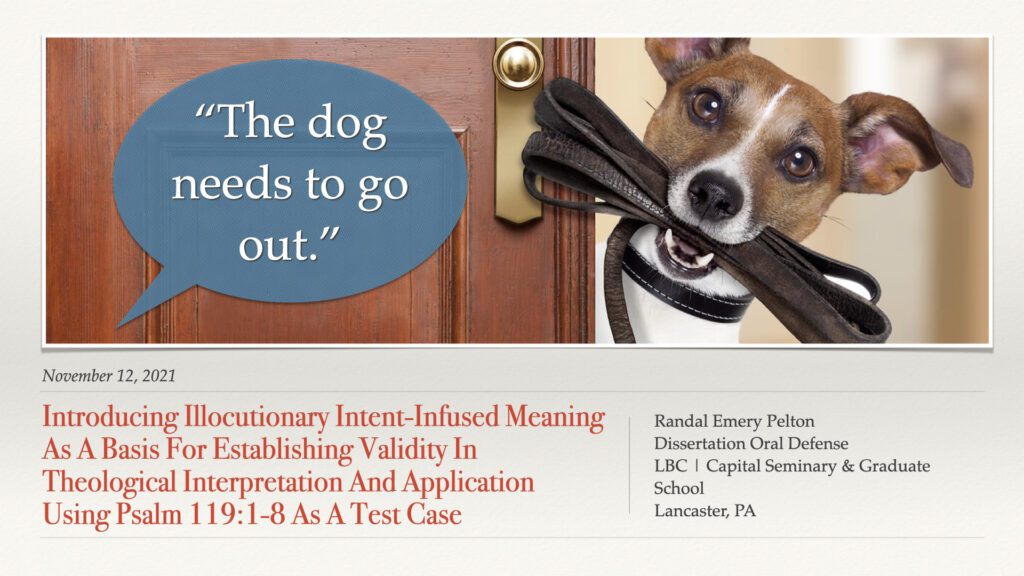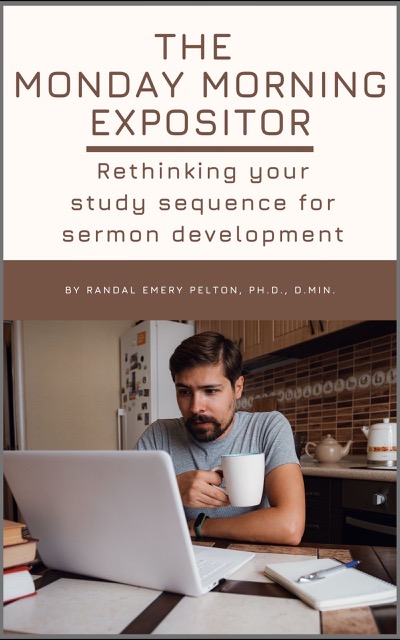This morning I had the privilege of preaching through Psalms 104. It’s 35 verses long which is a lot for me to cover in a 45-50 minute message.
Even more challenging are verses 1b-32 that list almost 30 references to God’s creative activity that made the world we experience.
You have a choice when it comes to preaching a Psalm like this, or any Scripture for that matter that contains lists. One option is to keep your normal method of diving into the details. Choosing door #1 will mean covering the Psalm in a mini-series. The two or three sermons will contain the same worship responses since they are coming from other places in the Psalm.
I chose door #2: performing an exegetical reading of the lengthy section.
That means I began reading at v. 1b and predetermined the places where I would add some exegetical insights. One example is the fact that Psalm 104 shows God creating the world in the same order in Genesis 1 (light is first, heaven is second, etc.). Psalm 104 is the poetic version of Genesis 1.
The goal of exegetical reading is partly to keep the pace up during this sermon segment. That many verses means not allowing myself to get bogged down in the details.
So, when v. Ib describes God’s clothing as “splendor and majesty” I just need them to know that He presents Himself as royalty, as King of the Universe. Or, at v. 7 where the poem says, “At your rebuke they fled [referring to the waters that covered the earth during the early creation narrative],” I want them to see this referring to when God spoke the dry land into existence (continents appear).
That’s the stuff of exegetical readings.
Most important, this exegetical reading has a place in expositional preaching. That’s because all that data about God creating and sustaining His world functions as the reason why we bless Him. Psalm 104 begins and ends with “Bless the Lord, O my soul…”
And all that talk about creation leads to the Psalmist’s prayer/wish in v. 35:
“Let sinners be consumed from the earth, and let the wicked be no more!”
After all that information in the exegetical reading part about God creating His world, we get to the concept of those who are destroying God’s good creation (cf. all the repetition, “God saw that it was good” in Genesis1). Any hope for the new creation, a new heaven and new earth, is linked to God one day answering the prayer/wish in v. 35.
When we say what the Psalmist says in that verse, we automatically must separate ourselves from the sinners and the wicked. Not because we don’t sin, but because our God in Christ and His Spirit forgives our sins on account of our faith in Him and has made us new creatures.
That’s just some of the expositional elements. The bulk of sermon minutes were devoted to the exegetical reading.
May our Lord receive glory in the church and in Christ Jesus (Ephesians 3:21) whenever you have opportunity to practice exegetical reading as a part of your expositional preaching and teaching.
Randal











